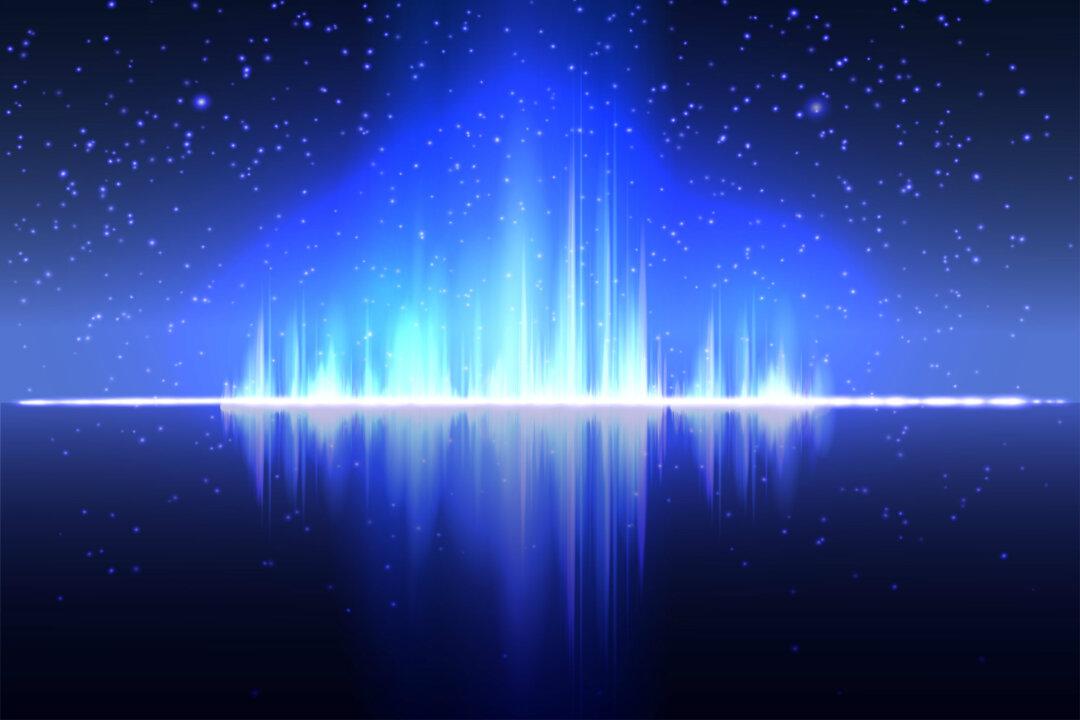When it comes to the phenomenon of purportedly hearing ghost voices, some studies have shown there’s a small chance there’s really something supernatural to it. Some other studies, however, have shown it’s most likely people subjectively hearing what they want or expect to hear in random noise.
Some of the most stunning cases are hard to replicate in a lab, leaving the mystery open to speculation.
It’s All in Your Head?
A 2014 study conducted by Michael Nees, assistant professor of psychology at Lafayette College in Pennsylvania, suggests hearing ghost voices is simply a case of people perceiving patterns that aren’t there.
The term Electronic Voice Phenomena (EVP) describes disincarnate voices allegedly picked up by electronic devices. For example, many investigators of the paranormal bring machines that produce white noise to “haunted” sites to see if ghost voices will emerge from the white noise.
It’s the audio version of an inkblot test, Nees said. Different people hear different things, and it’s not that fixed words are objectively present. He thinks people wrongly perceive patterns in random noise.






